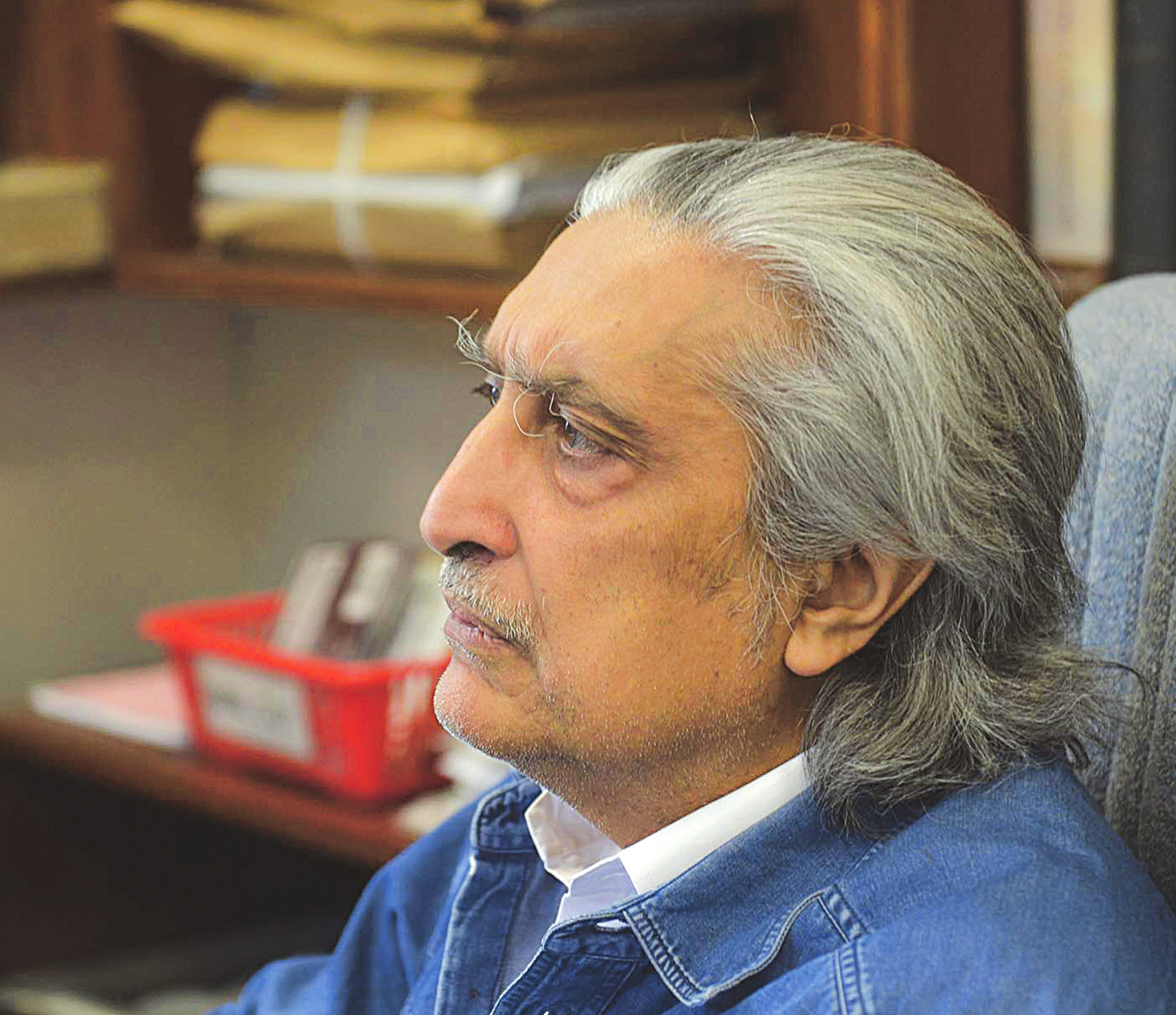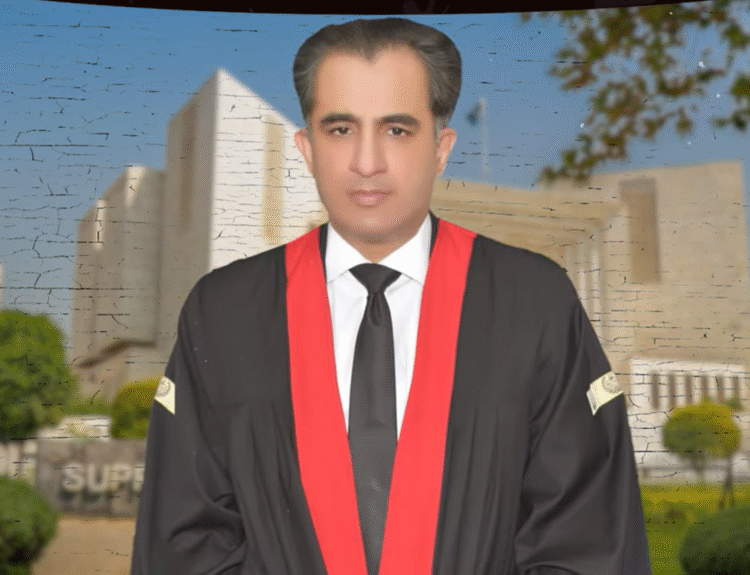Khudayar Mohla –
While writing a letter to Supreme Judicial Council (SJC) five months ago, the former Chief Justice Jawwad S. Khawaja urged it to “be very careful that it is not seen as a biased forum for pursuing selective accountability”.
TLTP learnt on Thursday that retired top judge Jawwad S.Khawaja sent a letter to the SJC on January 10,2019 and raised issue of ‘selective accountability’
The concerns raised in the letter have gained relevance in the present scenario where the government is pursuing references against two judges of the superior courts. The SJC’s first meeting on these references will take place on June 14 (today).
Former Chief Justice Jawwad S.Khawaja said in his letter, “Having retired as the head of the judiciary it is a matter of deep institutional concern to me that there is a perception of unevenness and partiality in the application of the Code of Conduct.”
Copy of the letter available with the TLTP according to which former top judge expressed, “The accountability of judges of our constitutional courts is a sensitive matter for obvious reasons. These judges, in order to ensure independence of the judiciary should not be exposed to any ill-motivated or false allegations or to partiality or semblance of partiality in the process of their accountability”.
“Having retired as the head of the judiciary it is a matter of deep institutional concern to me that there is a perception of unevenness and partiality in the application of the Code of Conduct”, former CJP Jawwad S.Khawaja
He stated, “I teach a course on constitutional governance in Pakistan at Lahore University of Management Sciences (LUMS). One fundamental element of governance is the independence of the judiciary and the process of its accountability”.
“In order to ensure proper accountability of judges, it is absolutely necessary that the SJC should act in a transparent and fair manner. Standards of transparency and fairness require that the workings of the SJC and the manner in which it deals with complaints against Judges are dealt with according to even standards, and these standards are put in place for application in all cases which come up before the SJC”, he maintained.
He said that the concern which has been expressed by persons interested in governance and judicial accountability is that there seems to be an arbitrary and uneven application of the process of accountability of judges.
“For instance, by some accounts there are almost 300 references recently filed or pending with the SJC. No statistics or particulars of these complaints/references are available to the public”, former Chief Justice Khawja pointed out in his letter.
He revealed that two years ago a member of the Pakistan Bar Council had applied to get information and statistics as to the number of references filed, pending or disposed of by the SJC, adding that applicant request was denied although he had claimed a fundamental right to information under Article 19-A of the Constitution.
“The failure to disclose information despite such fundamental right can and does give rise to misgivings as to the fairness and impartiality of the accountability process of the SJC”, said former top judge.
Former Chief Justice of Pakistan Jawwad S.Khawaja expressed, “This seriously undermines the judiciary as a whole and thus adversely impacts its independence. I have been asked and it has been debated as a matter of serious concern among thinking lawyers, judges and academics that judges have been in breach of their code of conduct but the SJC has chosen to ignore misconduct, or what is more egregious, chosen to be partial in enforcing the code of conduct prescribed for judges”.
He further said, “If press reports are to be given any credence it would appear that there are many instances of violation of the code of conduct by judges, In particular articles IV, V, VII, VIII and X of the prescribed Code of Conduct but the matter of probing into the misconduct by judges appears not to have been taken, even though misconduct has been defined as including disregard of the code of conduct and inefficiency”.
“Having retired as the head of the judiciary it is a matter of deep institutional concern to me that there is a perception of unevenness and partiality in the application of the Code of Conduct”, former CJP Jawwad S.Khawaja
In another point he said, “If some judges are pursued for allegations of misconduct while most judges are not so pursued, the very concept of accountability of judges is negated”.
“As a former judge who spent many years in the constitutional judiciary of Pakistan and having retired as the head of the judiciary it is a matter of deep institutional concern to me that there is a perception of unevenness and partiality in the application of the Code of Conduct and the use of Constitutional provisions meant for holding judges accountable for misconduct. Some actions of the SJC over the past two to three years give rise to questions which may erode the credibility of the Courts. The credibility of the SJC is of supreme importance. It should be very careful that it is not seen as a biased forum for pursuing selective accountability”, concluded the former Chief Justice Khawaja.
__________________________________________________________________________________________________________________
Copyright The Law Today Pakistan (TLTP) 2019




